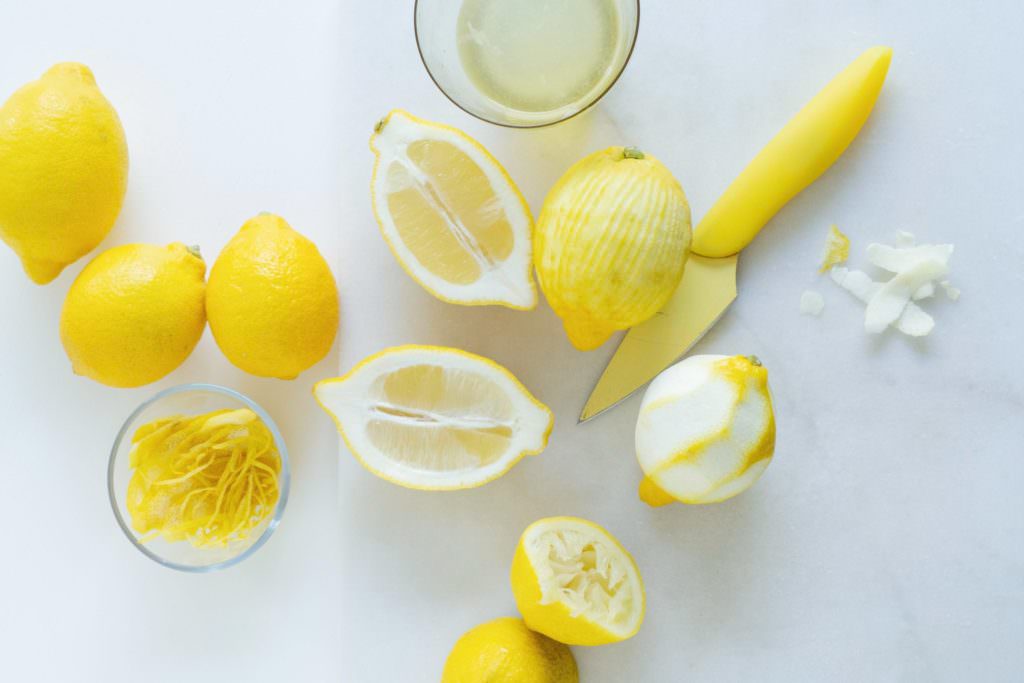
I’m a huge freezer fan! I regularly bulk cook meals and freeze in portions as well as freezing specific meals that I’ve half prepared or fully cooked in advance. However, I also hate waste and I will always opt to freeze rather bin most leftovers. Over the years, I have experimented with many different foods. What I have found, is that whilst some foods are not entirely freezer-friendly (and some foods you just shouldn’t even consider freezing in the first place!), there are also a few surprising ones that not only freeze well but also allow you to throw a tasty meal together quickly and easily.
The general rule when it comes to freezing is to avoid foods with a high water content, for example, courgettes or berries. The textures will be very different once defrosted and may not lend themselves to eating “fresh” once they’ve been frozen and then thawed. That said, there is no reason why these can’t be used in a different way, that accounts for their altered textured; in a casserole or a cooked crumble perhaps?
Here’s 10 foods that freeze well, that you may not be freezing already:
-
Garlic
Never again throw away those sprouting cloves you haven’t got round to using. Simply peel and crush them and put them in a glass jar. Cover the top with a thin layer of oil; I recommend rapeseed, which has a no particular flavour but olive oil is also perfectly fine. I then freeze this jar and scoop out frozen garlic with a teaspoon when I need it.
Alternatively, you can place small mounds of crushed garlic onto a silicone sheet (or greaseproof paper), top with a little oil and freeze individually. When they’re frozen, place them in a large bag or container with a lid and place them back into the freezer.
Frozen garlic will keep for a couple of months with full flavour.
-
Ginger
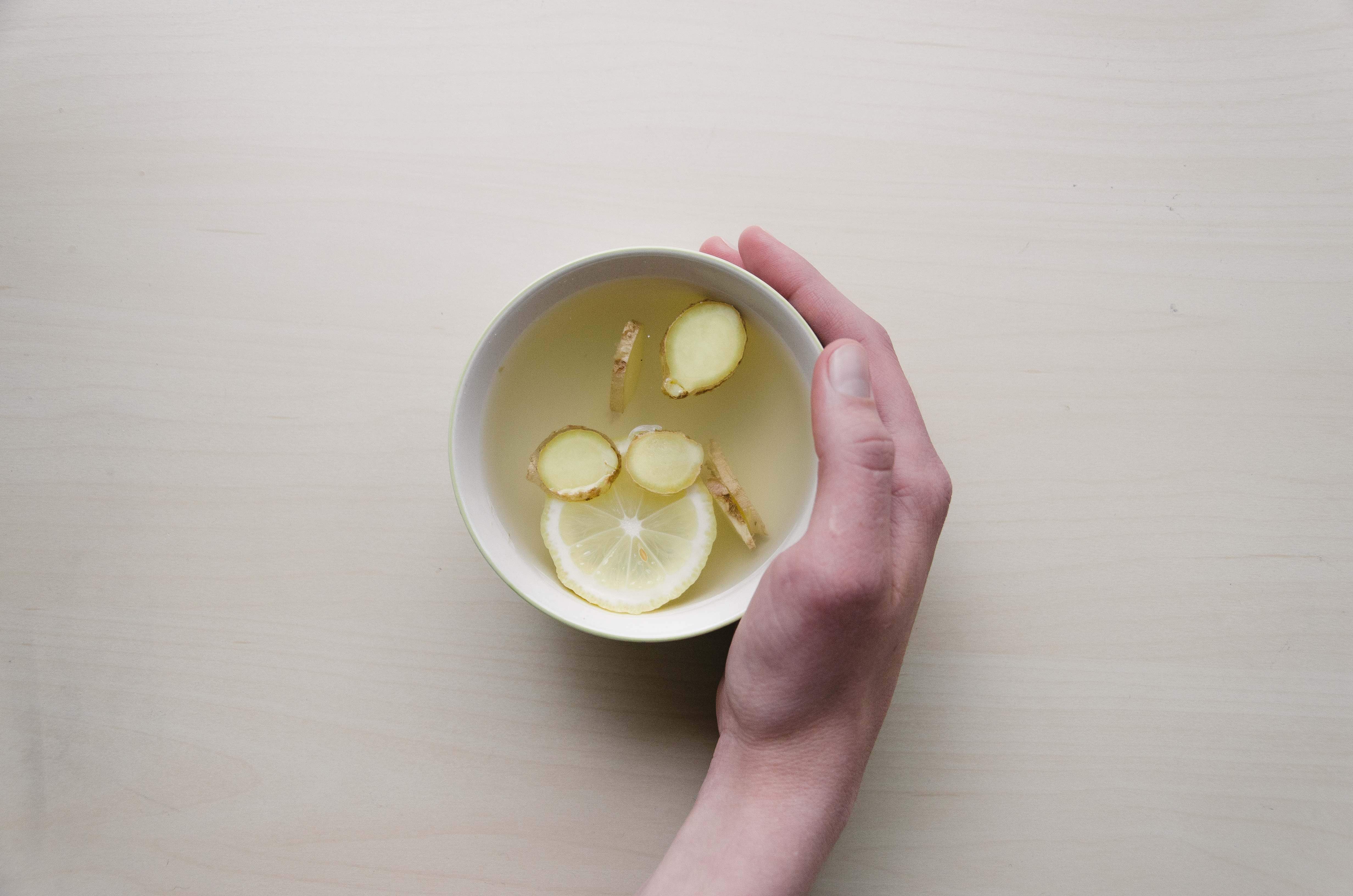
Ginger Tea from frozen
You may not always remember to buy fresh ginger but if you’ve got a large piece in the freezer, it’s even easier to grate from frozen than fresh. Keep it wrapped in the freezer, either whole or in 1-inch pieces depending on how you tend to use it. When you need it for a recipe, take it out, grate what you need and place it back in the freezer. Alternatively, you can freeze it already chopped or sliced.
TIP: I never peel ginger; the skin is soft and thin and doesn’t impact the recipe significantly if left on.
-
Herbs
If you’re facing a glut of herbs from your window ledge pots, pick them before whilst they’re still fresh and green and finely chop them with a sharp knife or a food processor. Then divide the herbs into a small ice cube tray, top with a tablespoon of water (or oil) and freeze.
Whilst more robust herbs like rosemary, thyme, parsley and sage are obvious ones to freeze, don’t dismiss Basil which can be more delicate. Rather than chopping, simple freeze whole on a silicone sheet and then store them in a plastic bag or glass container in the freezer.
Cubes of chopped herbs can then be added straight into a soup, sauce or stew.
-
Butter
Butter is one of those surprising foods that freeze well. Quite simply, freeze it in its wrapper and it then thaws just as easily, either in the fridge or at room temperature. You can freeze it in smaller blocks but be sure to wrap it well to avoid it picking up any flavours.
-
Avocado
Whilst most people are familiar with freezing bananas to add to a smoothie, frozen avocado is less well known. If you haven’t had a chance to eat that expensive avocado that’s sitting in your fruit bowl, simply peel and freeze as halves. If you prefer to freeze it in smaller quantities, mash the flesh, add a little lemon juice to prevent it discolouring and freeze in ice cube trays. That’s one way to ensure you’ve always got a ripe avocado to use in a smoothie or salad dressing.
-
Raw Egg Whites
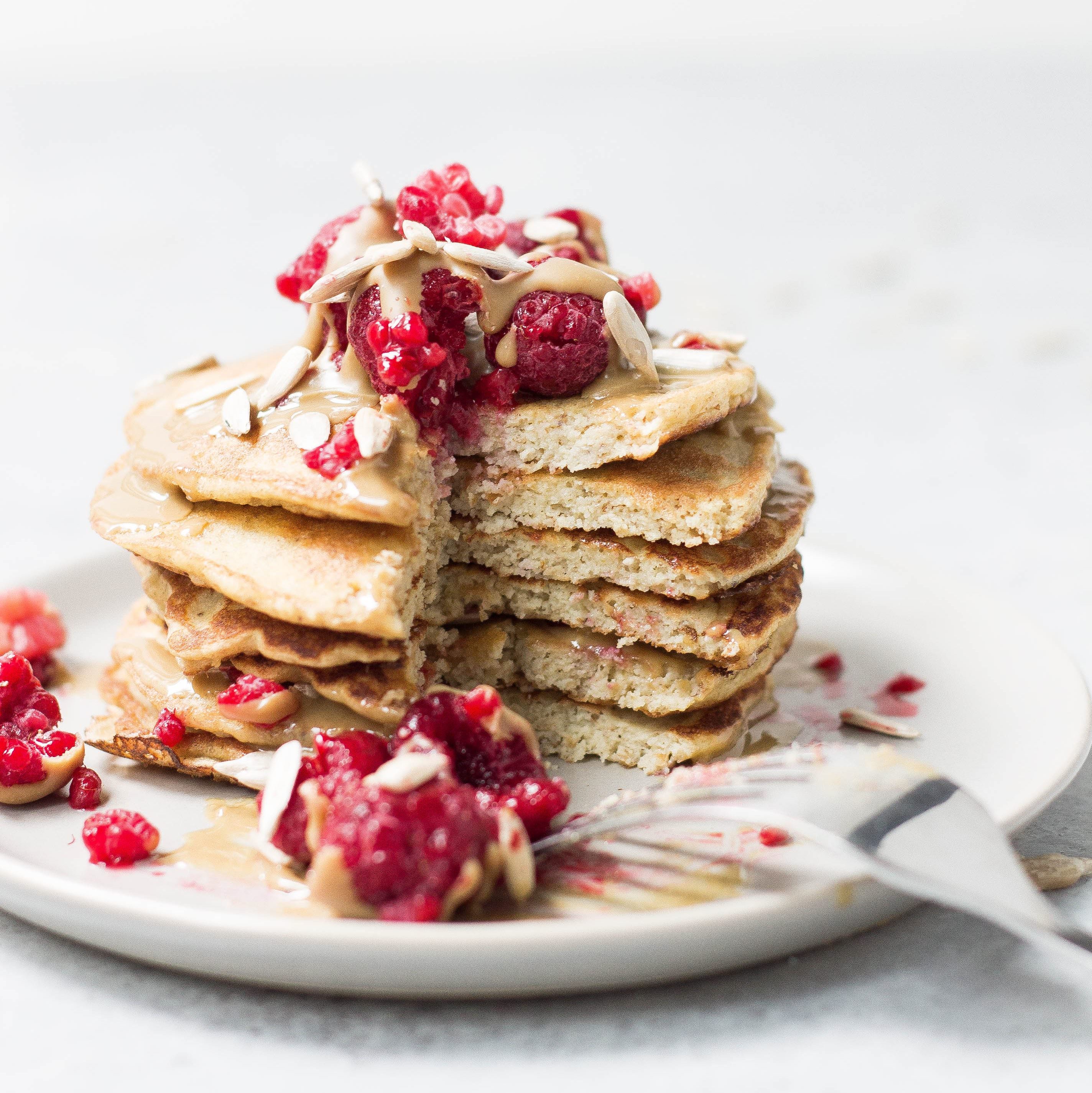
Gluten Free Buckwheat Pancakes CLICK PHOTO for recipe
If you’ve used a recipe that calls for egg yolks, please do not discard the protein-rich whites! Simply pour them into an ice cube tray and freeze. They’re best thawed slowly in the fridge and are ideal to use an extra protein boost if you’re making an omelette or scrambled egg, added to a pancake batter or even using to make fried rice.
-
Citrus Zest
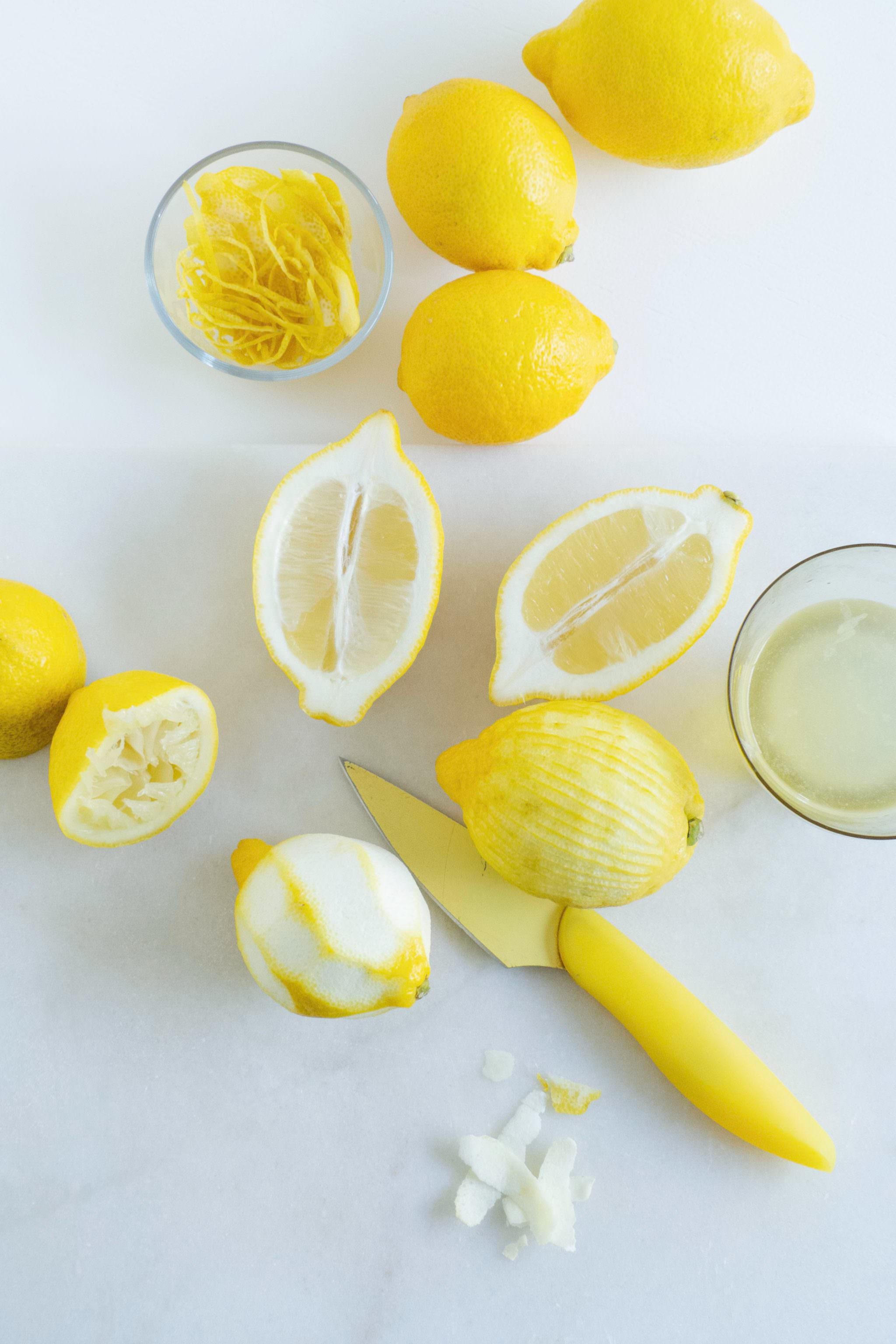
Whole oranges and lemons don’t freeze well due to their high water content. However, the zests freeze perfectly! Next time you’re eating an orange, how about removing the zest from the whole fruit and freezing in a pile on a silicone sheet. Once frozen you can store them in a plastic bag or ideally a glass container in the freezer. You can keep adding to this the more oranges and lemons you eat!
There’s no need to thaw these before using; simply add a pinch to your baking or pasta for a flavour boost just before serving.
-
Nuts
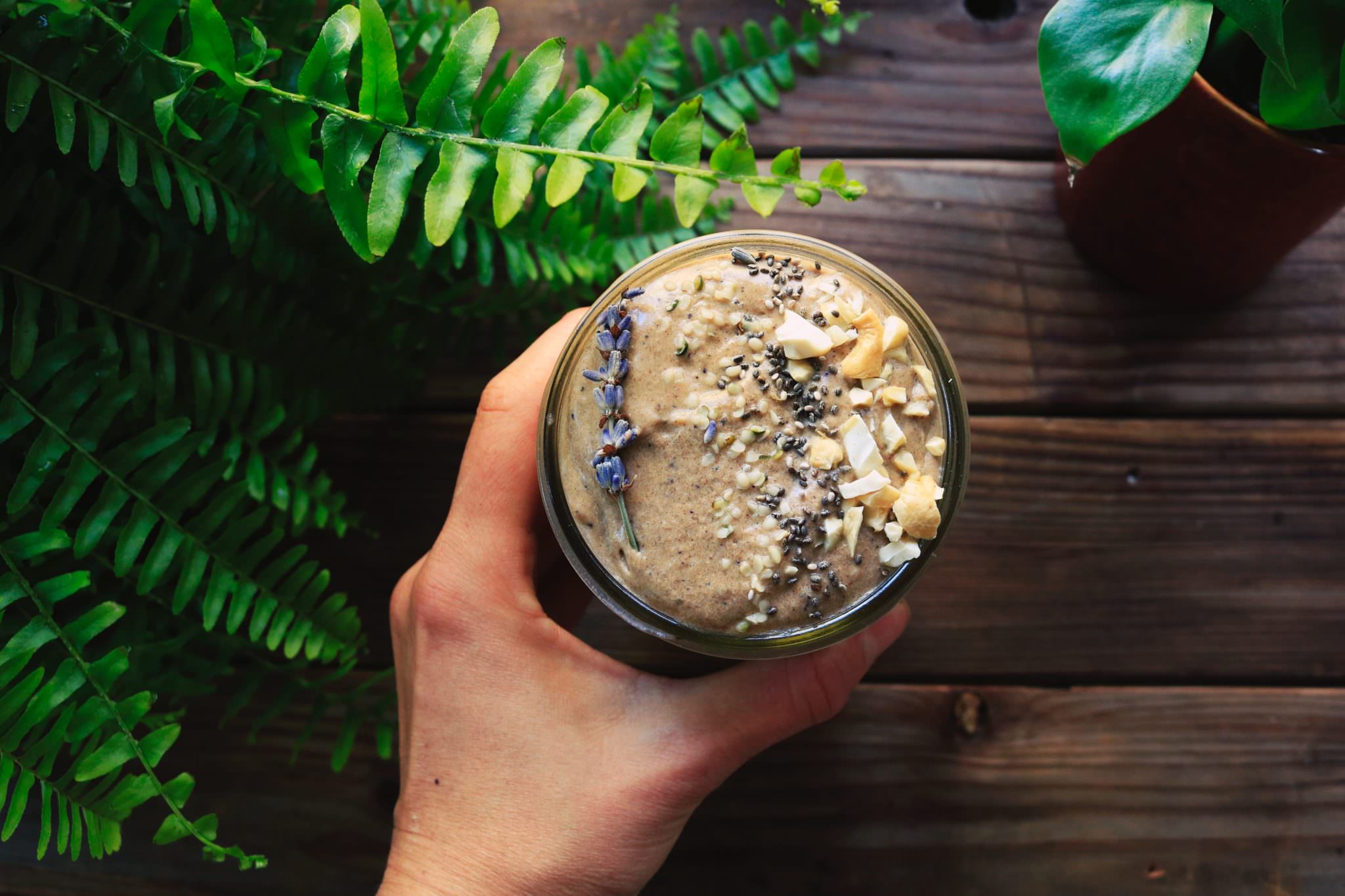
Add frozen nuts to a smoothie
Storing nuts in the freezer helps to retain their natural oils. If you’re unlikely to use them soon, place them in a lidded jar and freeze. You can use them from frozen if you’re blending in a smoothie or toasting in the oven.
-
Rice
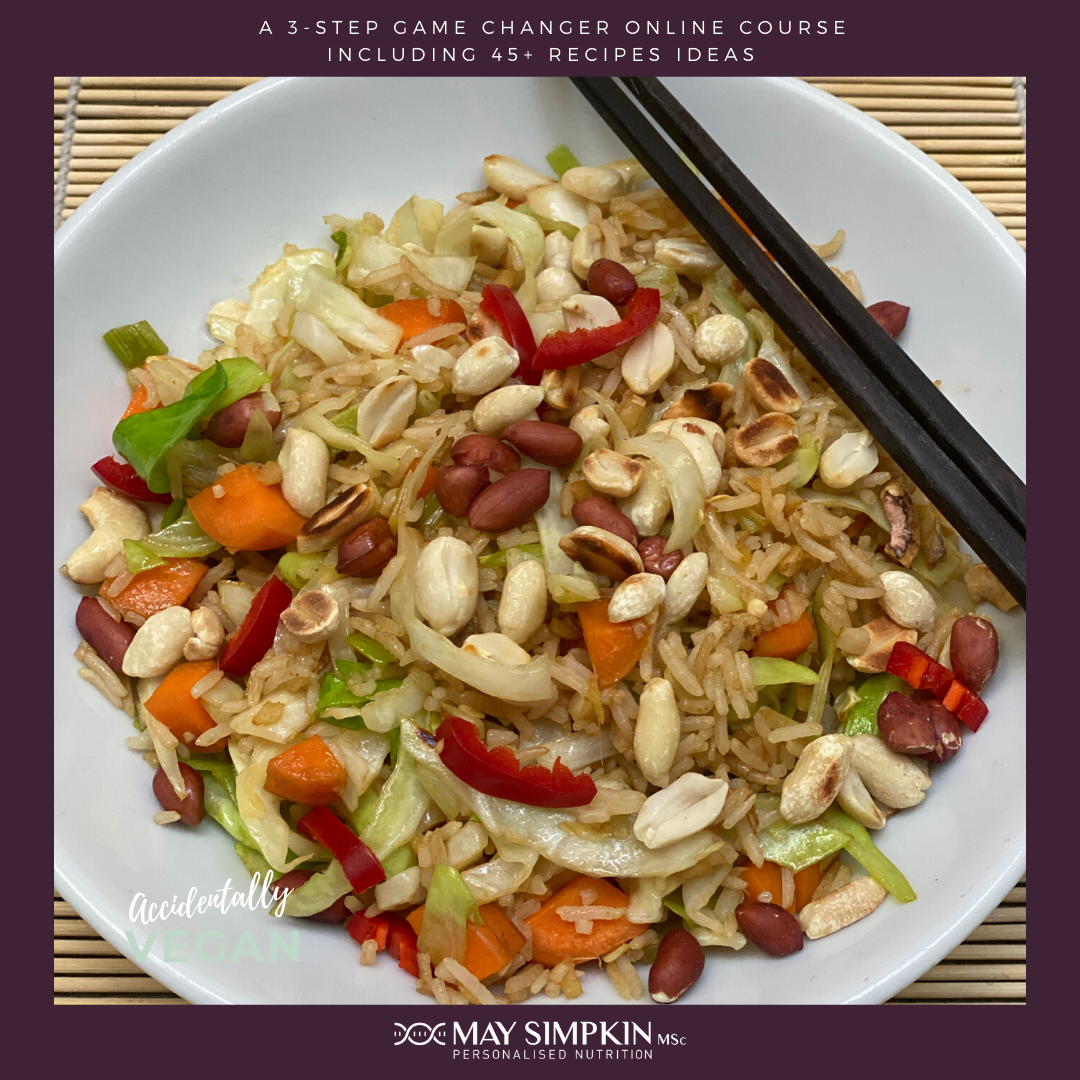
Accidentally Vegan: the safe and easy way to eat less meat and more plantbased
If you’re worried about re-using leftover rice, freezing cooked rice in portions in an airtight container is an easy option. It can then be defrosted and it’s best used in a stir-fry rather than eaten on its own.
-
Tomato Puree
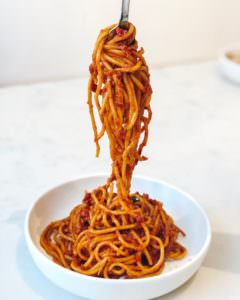
Rich tomato pasta sauce
If you’ve opened a tin or tube and unlikely to use it all, portion it in tablespoons on a silicone sheet and freeze. Once frozen, scoop them into a plastic bag or glass container and use directly into a stew or soup.
What other foods do you freeze? Let me know the foods that freeze well for you in the comments below.
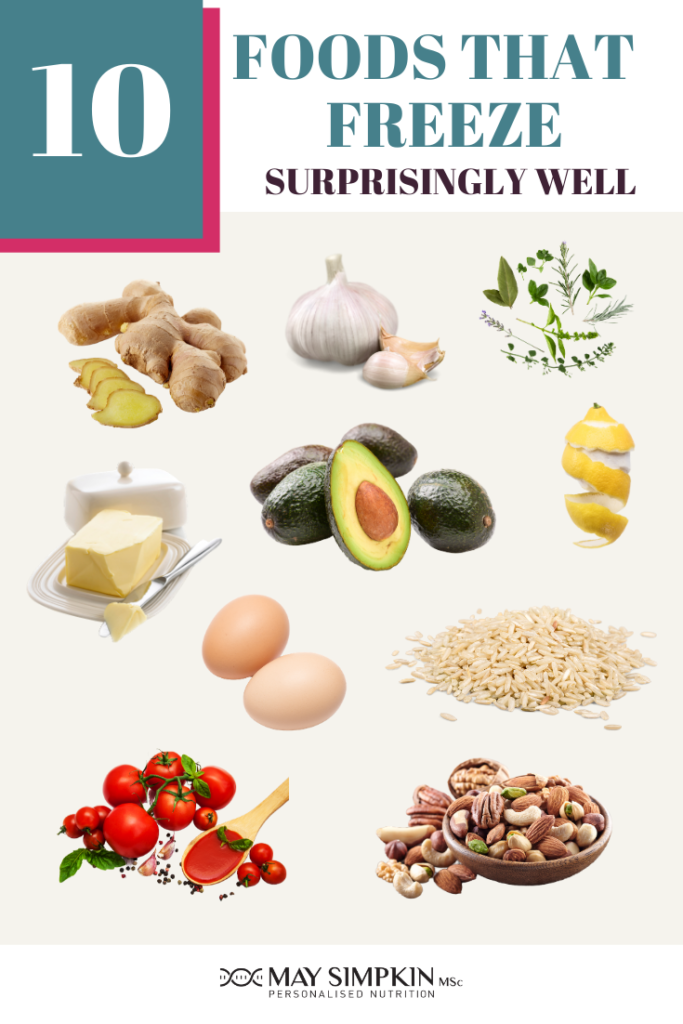
Would you like to join me on one of my health retreats at Chateau de la Vigne, in the Loire Valley, France? CLICK HERE for more details


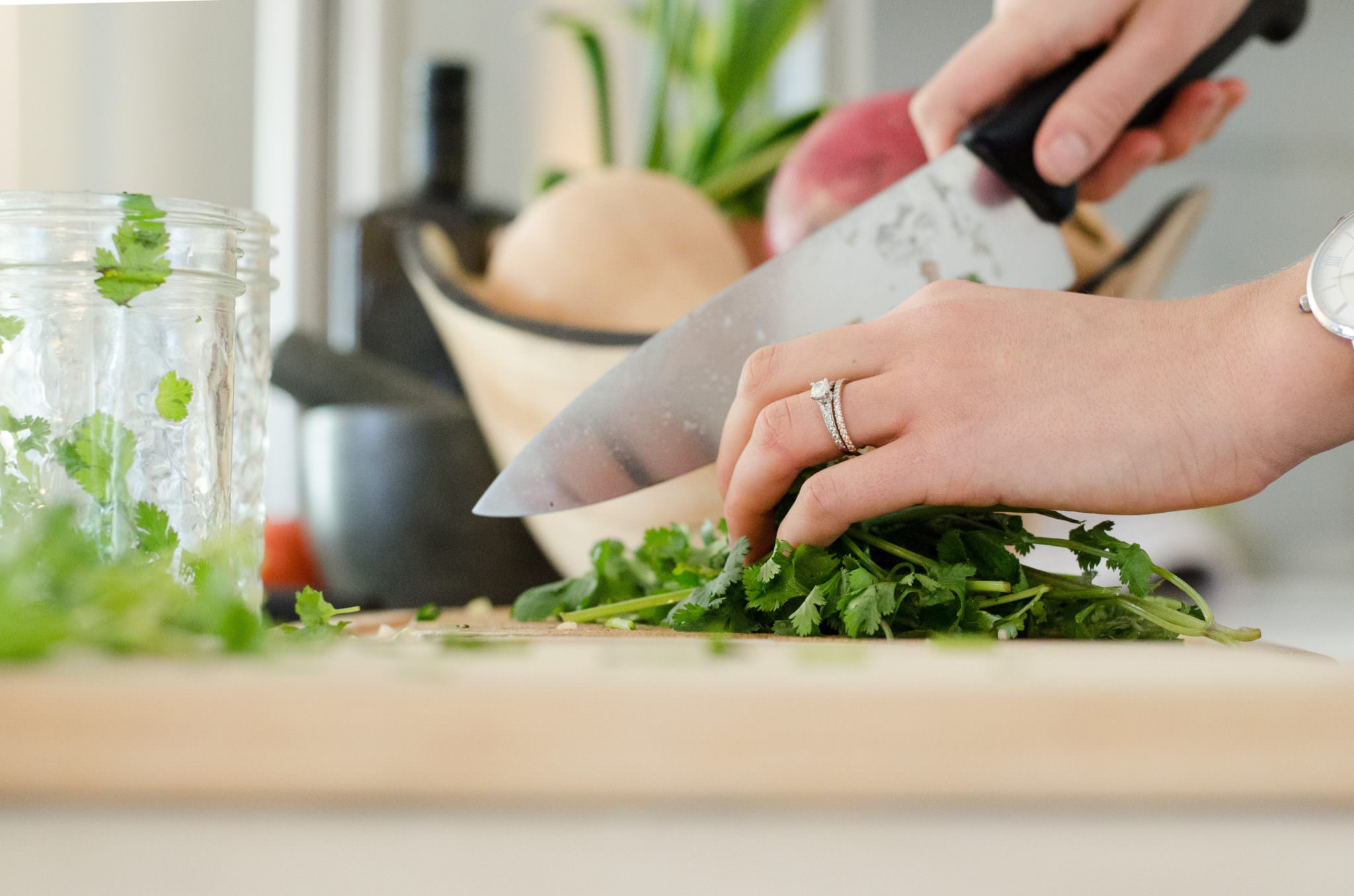
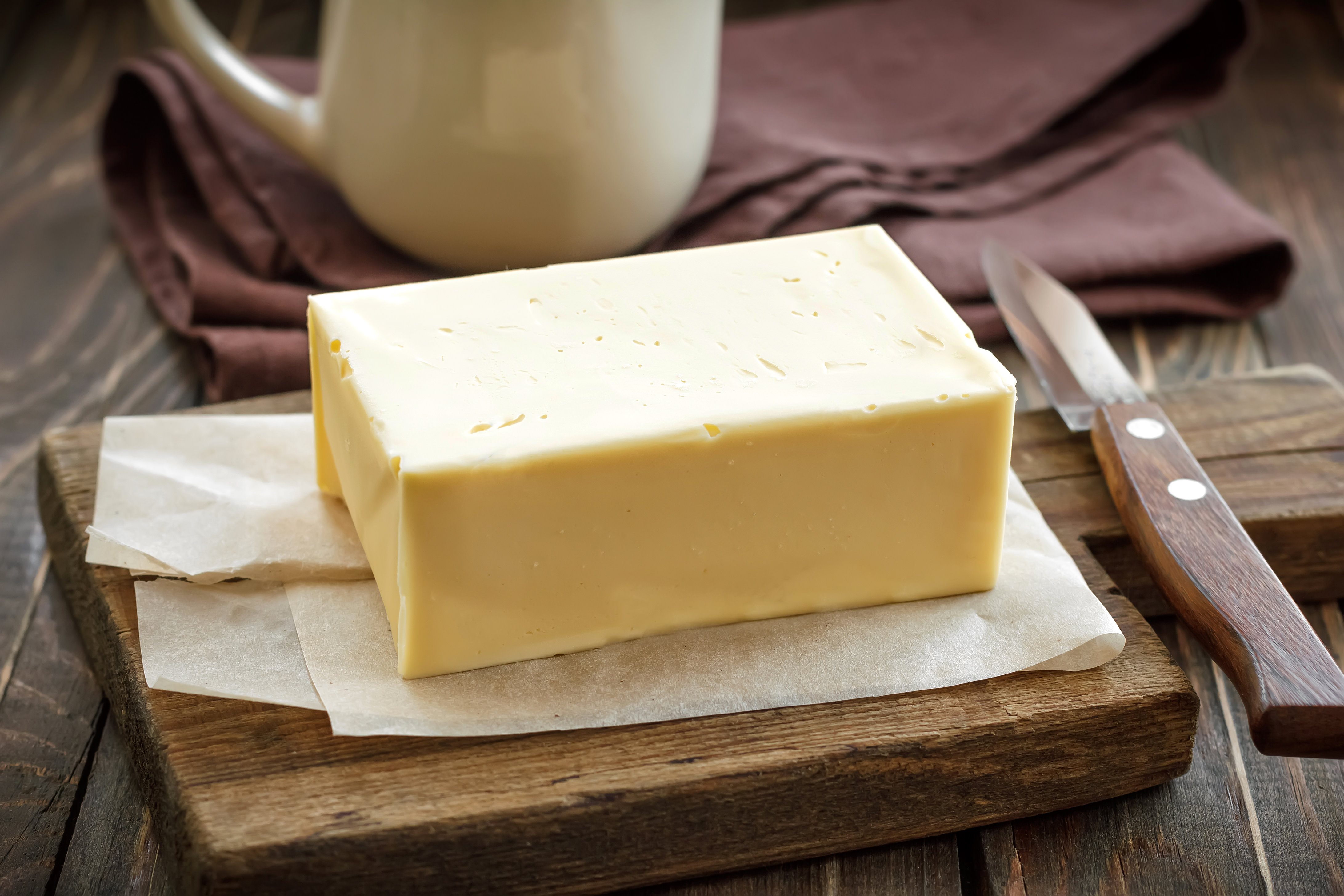


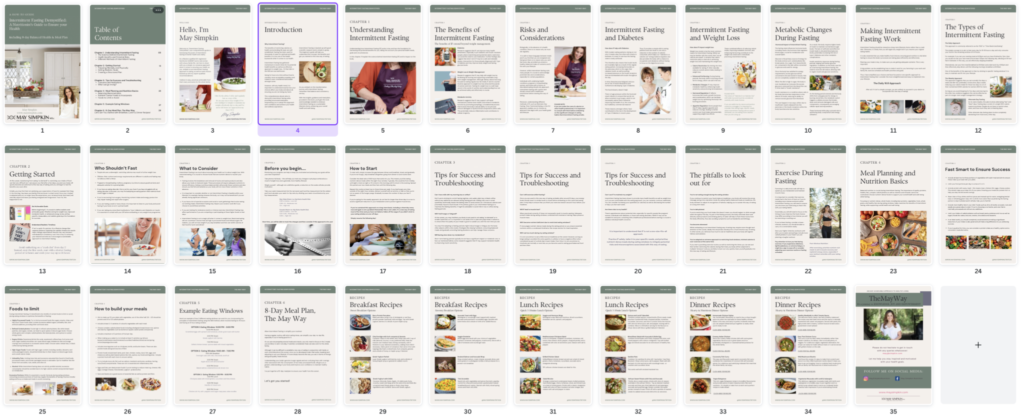


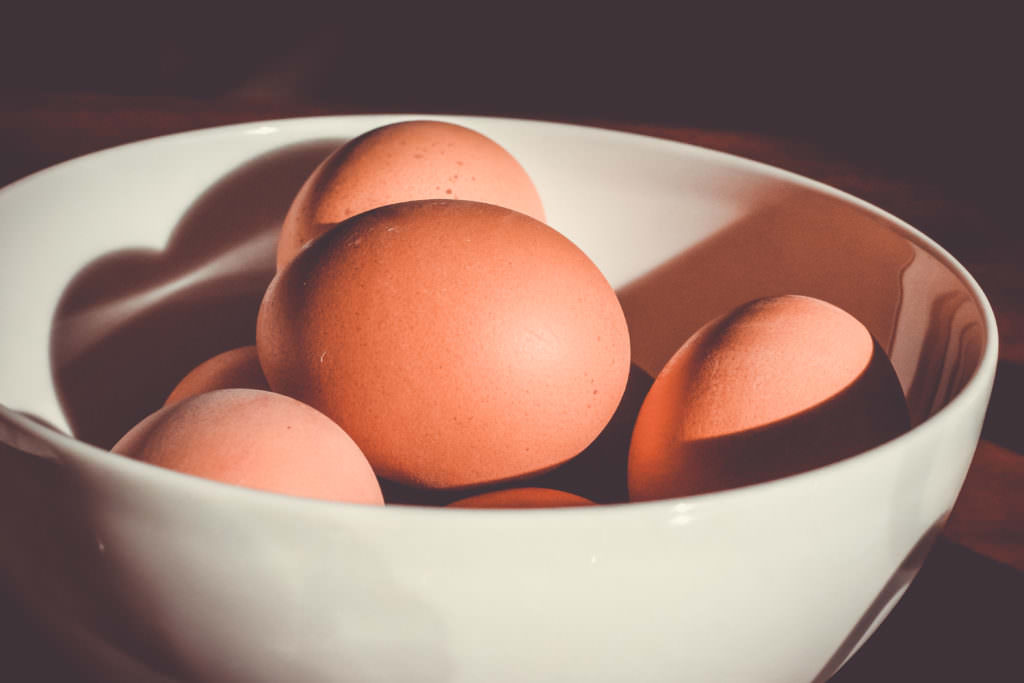
0 Comments